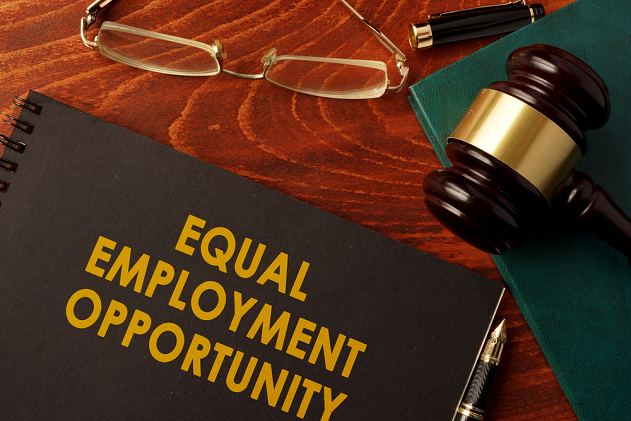Legal Options Available For Redress Of Employment Discrimination: An Introduction

One of the hardest and most crucial ways employees can protect their rights and restore justice in their workplace is by proving employment discrimination. Too many workers suffer injustice because of factors such as gender, color, age, or disability – leaving many feeling confused on how best to proceed when standing up against workplace injustice. Knowing how the process works and which proof may make all the difference when trying to challenge it head-on.
Acknowledging Discrimination At Work
Employment discrimination occurs when employers treat workers or job candidates unfairly on account of personal characteristics unrelated to job performance; examples include unfair disciplinary proceedings, termination without cause, denial of promotions, and uneven remuneration. Discrimination at work may appear either overtly or covertly through actions which disproportionately impact specific personnel; its manifestation needn’t always be obvious and overt. By identifying indicators of discrimination at the workplace, identifying cases will assist with rebuilding equilibrium in your work environment and building your case for justice and restoring equilibrium to workplace environments.
Evidence Is Key For Establishing Claims
Proving claims involving prejudice is crucially important, with emails, performance assessments, written correspondence, or witness testimony being vital elements. Accurate records showing what occurred, including dates and participants, enhance your case further while helping demonstrate consistency across behaviors to link them back with discriminatory intent – so having all this documentation available prior to filing with the court or agency is absolutely vital in winning any such battles.
How Stone Rose Law Aimed At Helping Employees Find Justice
Stone Rose Law can make your case go more efficiently by providing experienced employment discrimination litigators to guide it along smoothly, both emotionally and legally. Their services assist with collecting, examining, and organizing evidence while adhering to stringent legal regulations; offering staff advice that ensures safe yet smart case progression.
Learn About Different Forms Of Proof
Direct and circumstantial evidence can both be employed to show discrimination; direct evidence includes unequivocal remarks or acts which directly demonstrate bias; for instance a supervisor directly outlining prejudiced justifications for decisions they are making; while circumstantial evidence relies upon patterns in behavior, statistics or anomalies in how the corporation acts that might point toward unfair treatment – when presented correctly by an employment law specialist this evidence will prove very convincing.
Filing A Formal Complaint
Before approaching the court, most often you must file a formal complaint through either your employment agency or the company’s HR department. Doing this not only documents your grievances and allows an official investigation to begin, but it also provides evidence to back up your assertions, and mediation or court may follow as part of this procedure. Stone Rose Law’s experienced legal team ensures every stage is handled accordingly and that deadlines and procedural requirements are fulfilled during every phase.
Witnesses And Documents
Witnesses with first-hand knowledge of workplace discrimination can be invaluable when filing discrimination charges in court. Their testimony helps substantiate your allegation while building up evidence for it, like records such as pay, promotion histories, or performance evaluation assessments that might show bias by showing discrepancies – every piece of verifiable proof supports your story of unfair treatment in the form of legal evidence against discrimination.
An Employer and Employment Lawyer Must Partner
Proof of job discrimination isn’t solely about winning a legal case – it’s about making workplaces fair and honest again. Successful claims not only bring justice to those making claims; they can also alter firm culture to prevent future acts of bad behavior from taking place again. Employees can fight unfairness to create safer and more courteous work environments, armed with evidence, legal support, and the willpower to take legal action and bring cases.
Every company must abide by a moral standard of fairness in hiring practices, not simply legal requirements. When workers rise against discrimination with help from specialists such as Stone Rose Law, they may regain their dignity while helping create workplaces where everyone is treated equally and with dignity.



